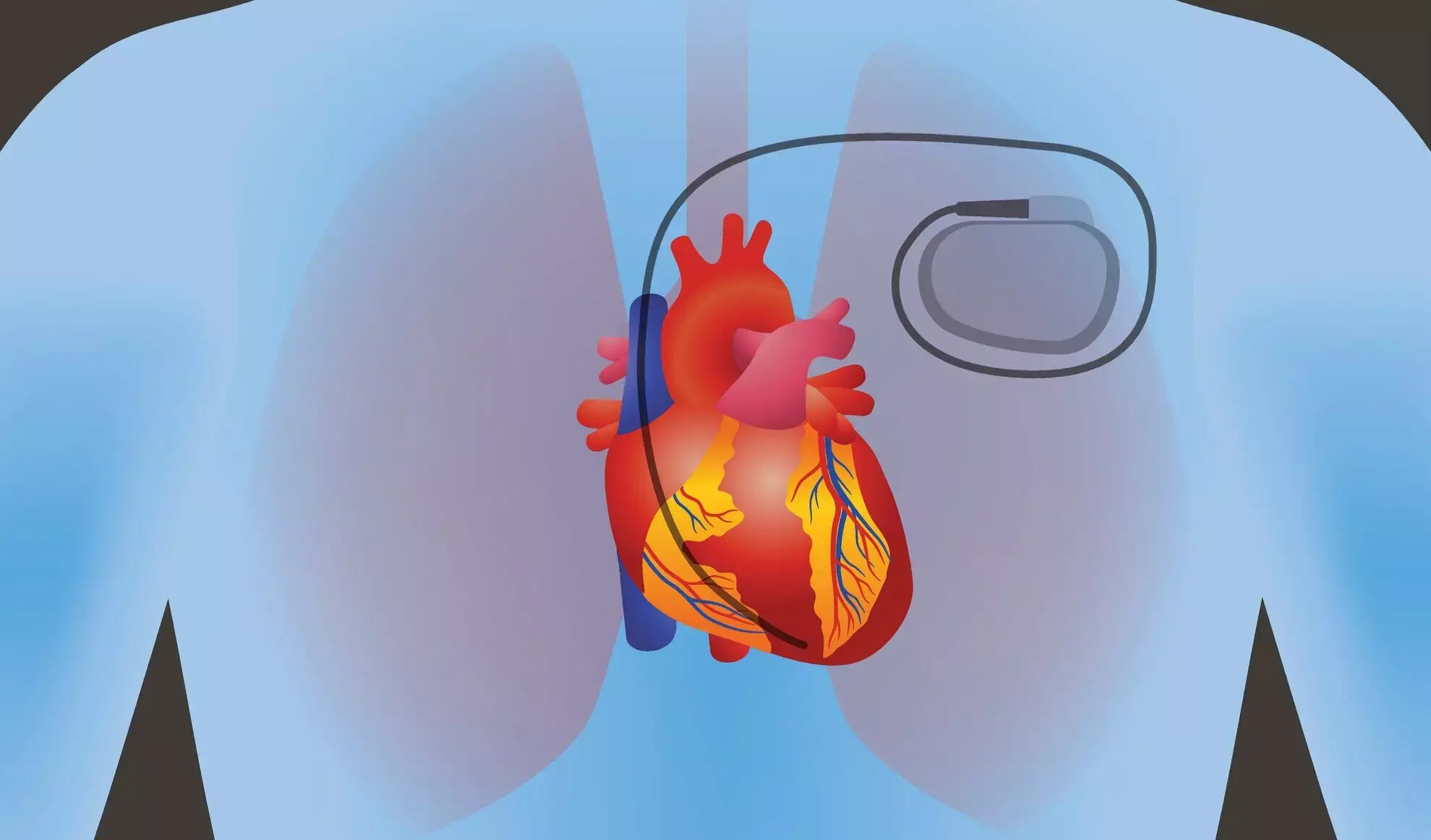- Home
- Medical news & Guidelines
- Anesthesiology
- Cardiology and CTVS
- Critical Care
- Dentistry
- Dermatology
- Diabetes and Endocrinology
- ENT
- Gastroenterology
- Medicine
- Nephrology
- Neurology
- Obstretics-Gynaecology
- Oncology
- Ophthalmology
- Orthopaedics
- Pediatrics-Neonatology
- Psychiatry
- Pulmonology
- Radiology
- Surgery
- Urology
- Laboratory Medicine
- Diet
- Nursing
- Paramedical
- Physiotherapy
- Health news
- Fact Check
- Bone Health Fact Check
- Brain Health Fact Check
- Cancer Related Fact Check
- Child Care Fact Check
- Dental and oral health fact check
- Diabetes and metabolic health fact check
- Diet and Nutrition Fact Check
- Eye and ENT Care Fact Check
- Fitness fact check
- Gut health fact check
- Heart health fact check
- Kidney health fact check
- Medical education fact check
- Men's health fact check
- Respiratory fact check
- Skin and hair care fact check
- Vaccine and Immunization fact check
- Women's health fact check
- AYUSH
- State News
- Andaman and Nicobar Islands
- Andhra Pradesh
- Arunachal Pradesh
- Assam
- Bihar
- Chandigarh
- Chattisgarh
- Dadra and Nagar Haveli
- Daman and Diu
- Delhi
- Goa
- Gujarat
- Haryana
- Himachal Pradesh
- Jammu & Kashmir
- Jharkhand
- Karnataka
- Kerala
- Ladakh
- Lakshadweep
- Madhya Pradesh
- Maharashtra
- Manipur
- Meghalaya
- Mizoram
- Nagaland
- Odisha
- Puducherry
- Punjab
- Rajasthan
- Sikkim
- Tamil Nadu
- Telangana
- Tripura
- Uttar Pradesh
- Uttrakhand
- West Bengal
- Medical Education
- Industry
Frailty may independently predict in-hospital mortality in patients undergoing leadless pacemaker implantation

In the realm of cardiovascular therapies, leadless pacing has emerged as a promising avenue, offering innovative solutions for patients. However, a recent study aims to fill a crucial knowledge gap by exploring the impact of frailty on the prognosis of individuals undergoing leadless pacemaker implantation. The investigation, based on the National Inpatient Sample from 2017 to 2019, delves into the association between frailty levels and clinical outcomes, shedding light on vital insights for patient care.
This study was published in the journal Heart Rhythm O2 by Carlos D. and colleagues. To assess the association between frailty and clinical outcomes in patients undergoing leadless pacemaker implantation. 16,825 adult patients who underwent leadless pacemaker implantation. Utilized the Hospital Frailty Risk Score, categorized into low, intermediate, and high risk.
The key findings of the study were:
In-Hospital Mortality:
High frailty risk associated with a significant increase in in-hospital mortality (aRR 6.37).
Intermediate frailty risk is also linked to higher in-hospital mortality (aRR 5.15).
Complications:
Similar risk of any complication observed between low, intermediate, and high frailty risk groups.
Frailty did not significantly impact the risk of vascular, pericardial, pneumothorax, infectious, or device-related complications.
Hospital Stay and Charges:
High and intermediate frailty risk correlated with prolonged hospital stay and higher total charges.
Frailty emerged as a robust predictor of resource utilization in leadless pacemaker implantation.
Frailty is prevalent among patients undergoing leadless pacemaker implantation and serves as a pivotal prognostic factor. The study underscores that higher frailty levels significantly increase the risk of in-hospital mortality, extend hospital stays, and escalate associated charges. Notably, frailty did not amplify the risk of specific complications, highlighting its nuanced impact on clinical outcomes in this context.
Reference:
Diaz-Arocutipa, C., Calderon-Ramirez, P. M., Mayta-Tovalino, F., & Torres-Valencia, J. Association between frailty and in-hospital outcomes in patients undergoing leadless pacemaker implantation: a nationwide analysis. Heart Rhythm O2,2023. https://doi.org/10.1016/j.hroo.2023.12.007
Dr Riya Dave has completed dentistry from Gujarat University in 2022. She is a dentist and accomplished medical and scientific writer known for her commitment to bridging the gap between clinical expertise and accessible healthcare information. She has been actively involved in writing blogs related to health and wellness.
Dr Kamal Kant Kohli-MBBS, DTCD- a chest specialist with more than 30 years of practice and a flair for writing clinical articles, Dr Kamal Kant Kohli joined Medical Dialogues as a Chief Editor of Medical News. Besides writing articles, as an editor, he proofreads and verifies all the medical content published on Medical Dialogues including those coming from journals, studies,medical conferences,guidelines etc. Email: drkohli@medicaldialogues.in. Contact no. 011-43720751


